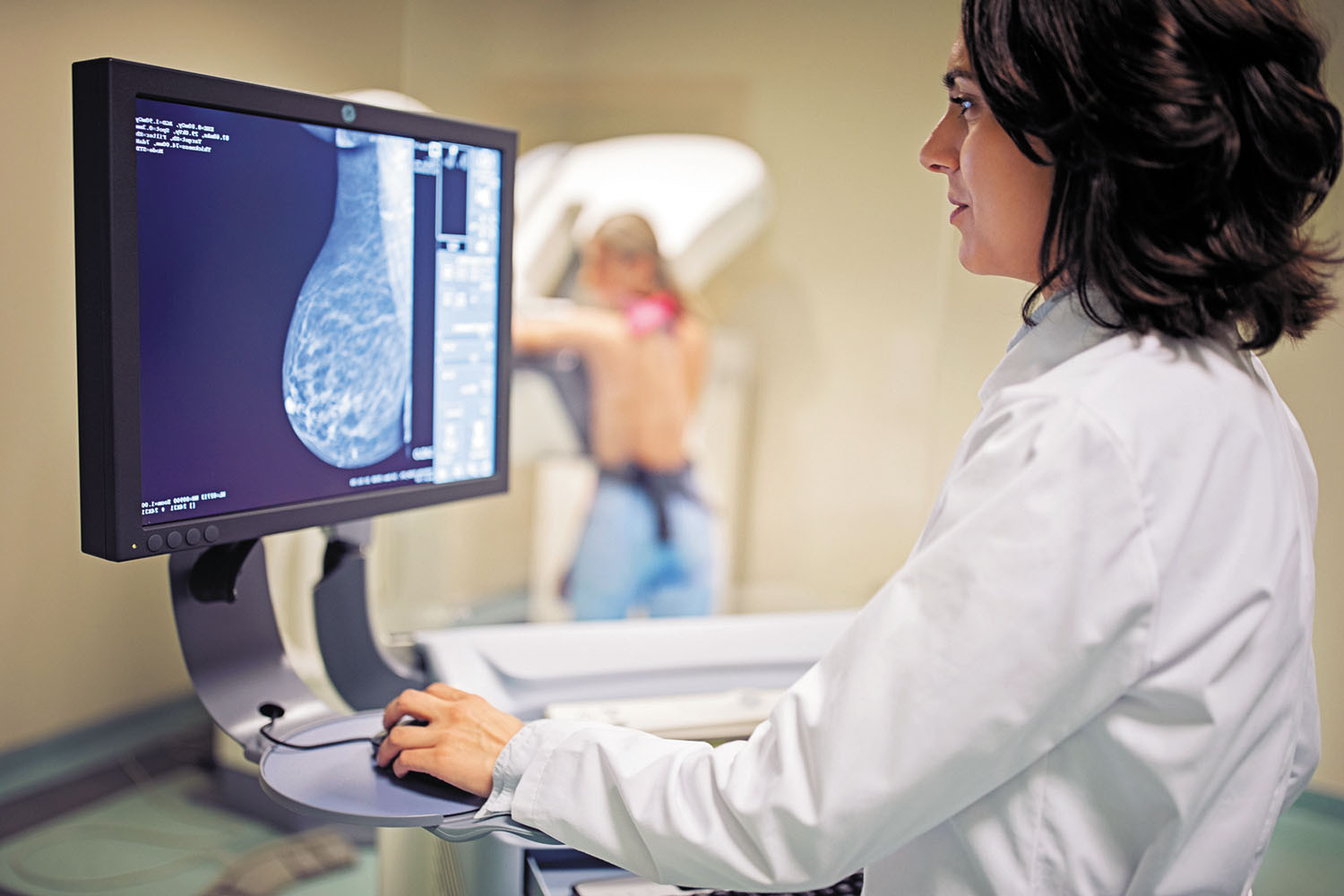
New thinking about plaque in arteries that feed the brain

Want to prevent shifting teeth? Maybe you need retainers

What you need to know about the new dietary guidelines

Food that’s healthier for people and planet can be cheaper, too

New evidence that polyphenol-rich foods help the heart

8 simple ways to reduce ultra-processed foods in your diet

How to curb your stress eating

How to spot Parkinson’s disease symptoms

Heart failure symptoms in women: How they’re different

GERD diet: Foods to avoid to reduce acid reflux
Women's Health Archive
Articles
Dementia link to early menopause
Reaching menopause many years before the average age may be linked to a higher risk of developing dementia later in life.
Menopause and brain fog: What's the link?
Brain fog is tied to the severity of certain menopause symptoms, especially depression and sexual problems. Estrogen loss may be a factor, but cognitive issues aren't expected to linger. Women in menopause may worry dementia is the culprit, but Alzheimer's is rare at midlife. Strategies for coping with brain fog include staying calm, challenging the brain by changing routines, writing reminders, exercising, getting sufficient sleep, and avoiding multitasking.
Women's heart symptoms not so different after all
Women have long been told to watch for "atypical" signs of heart attack, but new guidance reveals that heart symptoms are not as different in men and women as once believed. Women are also more likely to have a less-common subtype of heart failure, and reproductive history should be considered when assessing women's heart risks. Anyone experiencing chest pain should call 911, mention chest pain before other symptoms, and bear in mind that other chest sensations may signal heart attack.
Mammograms may help reveal cardiovascular risk
Postmenopausal women whose screening mammograms show signs of calcification in their breast arteries may have a higher risk of cardiovascular disease.
Considering pregnancy and have lupus? Plan ahead
In the past, people with lupus were advised to avoid pregnancy because doctors believed it was too risky. That's no longer true: in most cases, following expert guidelines can make a successful pregnancy possible. It's wise to think ahead, and to be aware of some important issues.
Gyn Care 101: What to know about seeing a gynecologist
There are many reasons you might want or need to see a gynecologist or seek gyn care from your health care team. It helps to understand who will provide your care, what to expect during the visit, what to discuss, and how to have a positive experience during the visit.
7 things you can do to prevent a stroke
Aging and a family history can increase the risk for a stroke, but women can lower it by managing factors that are under their control-such as diet, exercise, blood pressure, smoking, and diabetes.
High resting heart rate predicts heart risk in women at midlife
A study based on data from the Women's Health Initiative suggests that a high resting heart rate is an indicator of risk of heart attack in middle-aged women.
Can the COVID-19 vaccine affect menstruation?
A study found that women who were vaccinated against COVID-19 experienced a slight, temporary increase in the number of days between menstrual periods after getting the shot. Experts say the variation is not harmful and does not affect fertility.

New thinking about plaque in arteries that feed the brain

Want to prevent shifting teeth? Maybe you need retainers

What you need to know about the new dietary guidelines

Food that’s healthier for people and planet can be cheaper, too

New evidence that polyphenol-rich foods help the heart

8 simple ways to reduce ultra-processed foods in your diet

How to curb your stress eating

How to spot Parkinson’s disease symptoms

Heart failure symptoms in women: How they’re different

GERD diet: Foods to avoid to reduce acid reflux
Free Healthbeat Signup
Get the latest in health news delivered to your inbox!
Sign Up











